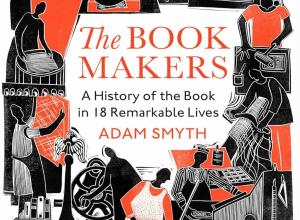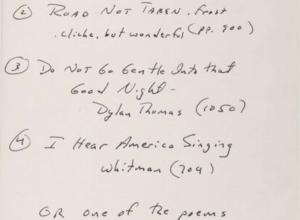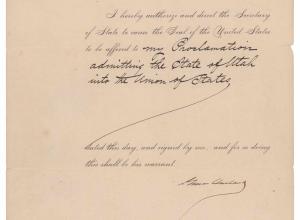A Moveable Feast Tops French Bestseller Lists
Fifty-one years after the posthumous publication of Ernest Hemingway's ode to Paris, A Moveable Feast, French booksellers can't keep the book in stock. It has become something of a cultural touchstone in the aftermath of the November 13 attacks in Paris, and is now left alongside other tributes in memoriam to those slain by terrorists. Why this book? Daily life in Paris has a certain flair--yes, a certain je ne sais quoi-- that has attracted writers, artists, and tourists for centuries, and Hemingway captured that essence.
The book began flying off the shelves after video surfaced showing a seventy-seven year old retired lawyer named Danielle Mérian talking to a reporter about why Hemingway's book is an enduring symbol of Gallic values. (You can watch the clip here.) Paris Est Une Fête, the book's French translation, is even a Twitter hashtag synonymous with resistance and defiance.

Ernest Hemingway, Paris, circa 1924. Photograph in the Ernest
Hemingway Photograph Collection, John Fitzgerald Kennedy Library,
Boston. Source: Wikimedia Commons
The Atlantic and NPR ran great stories on the Moveable Feast phenomenon, so it doesn't make sense to rehash it all here. Rather, on the eve of Thanksgiving, I'm going to paraphrase Hemingway by saying that I'm thankful to have once lived in Paris, even though it was September 2001 and I was far away from home during a time of war. Yet, the city and its people welcomed me and my fellow students, embraced us, and encouraged us to stay. The bonds we forged that year were iron-clad. It was solidarity in the face of evil that sustained my soul, and many years later I am reminded of how fortunate I was to have been an American in Paris. Nous sommes tous Français.
En savoir plus : http://www.gentside.com/attentats-paris/attentats-de-paris-danielle-une-dame-devenue-symbole-de-paix-sur-internet_art72542.html
Copyright © Gentside















